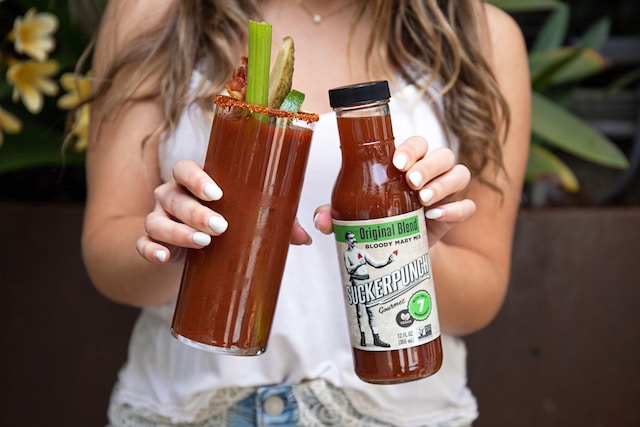Pickle juice — it’s the tart, salty liquid that remains after pickles have been enjoyed, often discarded without a second thought. However, recent trends and anecdotal evidence suggest that there may be more to this brine than meets the eye. Here, we delve into the potential benefits and concerns associated with consuming pickle juice.
Benefits of Pickle Juice
1. Hydration and Electrolyte Replenishment
Pickle juice is high in electrolytes, especially sodium. After a vigorous workout, consuming pickle juice can help replenish the electrolytes lost through sweat, possibly preventing muscle cramps.
2. Vinegar Content
Vinegar, a primary component in most pickle juices, has been shown to have several health benefits. These include improved blood sugar control and potential weight loss properties due to increased satiety.
3. Antioxidant Properties
Pickle juice contains antioxidants, specifically vitamin C and E, which combat oxidative stress in the body. Oxidative stress is associated with various chronic diseases.
4. Gut Health
Fermented pickles can be a source of probiotics. Consuming the juice of these pickles can introduce beneficial bacteria to the gut, aiding digestion and potentially boosting immunity.
5. Relief from Muscle Cramps
Anecdotal evidence suggests that pickle juice can help alleviate muscle cramps faster than drinking water or other beverages.
Concerns with Consuming Pickle Juice
1. High Sodium Content
While sodium is necessary for bodily functions, too much can lead to high blood pressure, heart disease, and stroke. Drinking large amounts of pickle juice may exceed daily recommended sodium limits.
2. Possible Gastric Distress
For those with sensitive stomachs, the acidity of pickle juice can cause discomfort or exacerbate conditions like heartburn or acid reflux.
3. Not a Complete Recovery Drink
While pickle juice offers some electrolytes, it lacks other essential post-workout nutrients, such as potassium and carbohydrates, which aid in recovery.
4. Potential Allergic Reactions
Some people may be allergic to ingredients used in pickles, such as mustard or specific types of vinegar.
5. Interaction with Medications
The high sodium or vinegar content can interfere with certain medications, including diuretics or insulin. It’s essential to consult with a healthcare professional if considering incorporating pickle juice into a regular routine.
Conclusion
Pickle juice, often overlooked, has a unique combination of ingredients that offer several health benefits. While it’s not a cure-all, it can be a refreshing post-workout drink or occasional treat. However, it’s essential to consume in moderation and be aware of its high sodium content. Always consult with a healthcare provider when making significant changes to your diet, especially if you’re on medication or have underlying health conditions.


